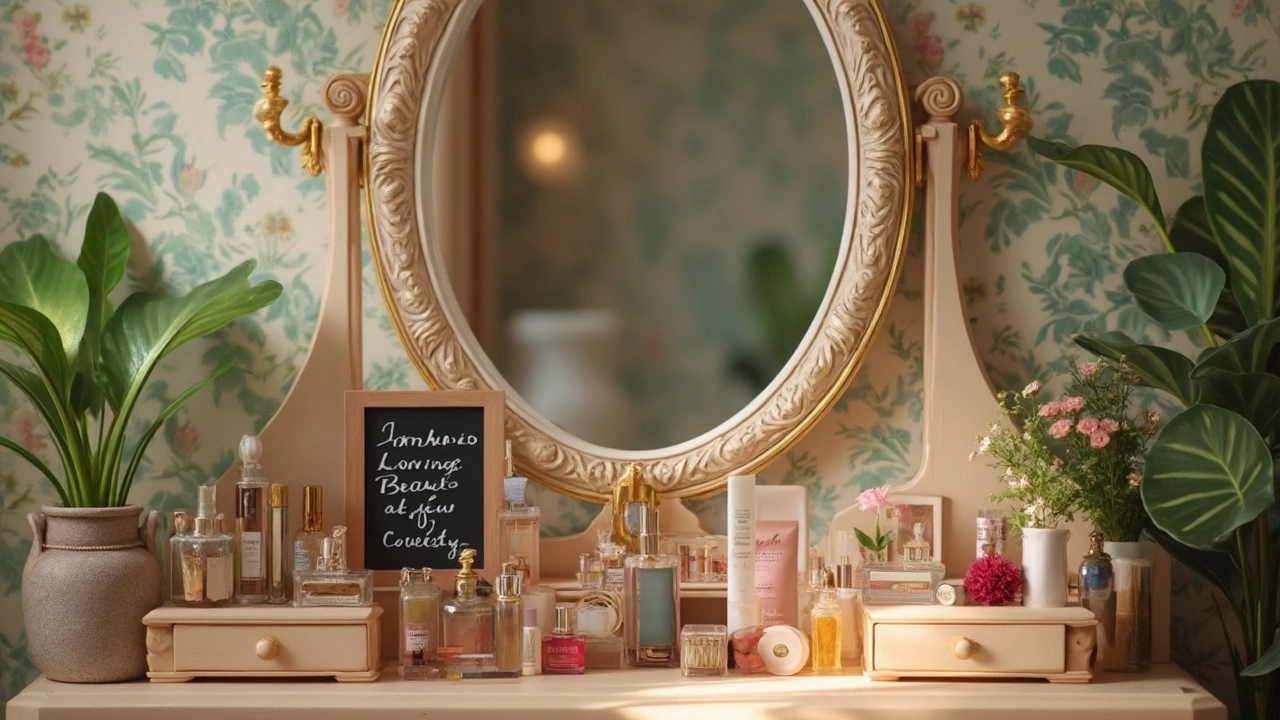Revlon Animal Testing: The Real Story
If you’ve ever wondered whether Revlon tests on animals, you’re not alone. Lots of shoppers ask the same thing, especially when they see a brand they love on the shelf. In this article we break down Revlon’s current stance, what the law says, and how you can make sure the products you buy match your values.
Revlon's Current Testing Policy
Revlon says it does not conduct animal testing on its finished products. The company follows a policy called “no new animal testing” – meaning they won’t start testing a product that hasn’t been tested before. However, they do rely on data from other sources when required by law.
In many countries, including China, cosmetics must be approved by government labs before they can be sold. Those labs often use animal tests. So even if Revlon never touches a rabbit, a product could still be tested somewhere else just to meet local regulations.
Revlon also works with third‑party labs that claim to use alternative methods like reconstructed human skin models or computer simulations. These alternatives are getting better, but they’re not yet accepted everywhere.
How to Find Truly Cruelty‑Free Brands
When you shop, look for clear labels. “Cruelty‑free” means the brand has never tested on animals, and it typically comes with a certification logo from groups like Leaping Bunny or PETA.
Check the ingredient list, too. Some ingredients are banned in cruelty‑free markets because they were originally derived from animal testing. Brands that truly avoid animal testing will often list their compliance on their website.
Another tip: use apps or websites that rank cosmetics by cruelty‑free status. They keep up with changing regulations, so you get the latest info without digging through press releases.Finally, don’t forget to read reviews. Many beauty lovers share their experiences with specific products and can tell you if a brand’s claims hold up in the real world.
Bottom line: Revlon has made steps toward reducing animal testing, but legal requirements in some markets still create a gray area. If you want to be 100% sure you’re buying cruelty‑free, stick with brands that have third‑party certification and operate in regions that don’t force animal tests.
By staying informed and checking labels, you can support the shift toward more ethical beauty without giving up the products you love. Remember, every purchase sends a message – choose the ones that align with your values.

